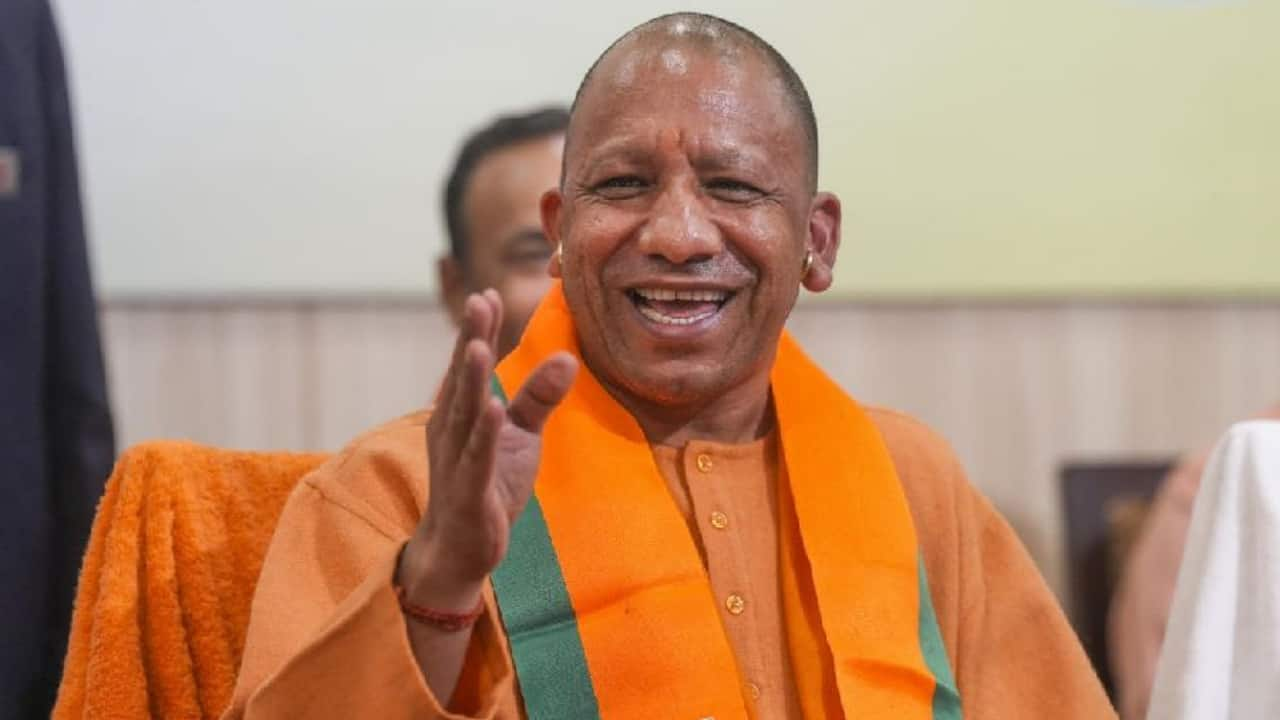 |
|
The recent Maharashtra state assembly elections witnessed a resounding victory for the Bharatiya Janata Party (BJP), securing its best-ever performance. While multiple factors contributed to this success, a strategic campaign focusing on consolidating Hindu voters played a crucial role. This campaign, spearheaded by the Sangh Parivar, effectively countered the opposition's narratives and targeted those Hindu voters who had drifted away from the BJP in the preceding Lok Sabha elections. Two key slogans emerged from this campaign: 'Ek hain to safe hain' (We are safe if we are united), championed by Prime Minister Narendra Modi, and 'Batenge to Katenge' (We will retaliate if attacked), propagated by Uttar Pradesh Chief Minister Yogi Adityanath. The former slogan aimed at unifying Hindus and Other Backward Classes (OBCs), particularly against the Maratha vote, neutralizing the Congress's focus on reservation and caste census. The latter slogan, however, proved to be more impactful and controversial.
Yogi Adityanath's 'Batenge to Katenge' slogan, originating in Ayodhya, resonated throughout Maharashtra in the months leading up to the elections. Its raw and assertive tone, emphasizing Hindu unity as a survival imperative, successfully galvanized Hindu supporters and countered the opposition's caste-based strategies. This slogan's use transcended the BJP's immediate ranks; senior Sangh Parivar functionaries like Dattatreya Hosabale employed it in their rallies, and RSS chief Mohan Bhagwat echoed the call for Hindu unity in his Dussehra address. This widespread endorsement significantly bolstered the slogan's effectiveness and its message of Hindu solidarity. The slogan's success can be attributed to its ability to cut through the Samajwadi Party's 'Pichda, Dalit, Alpasankhyak' (Backward, Dalit, Minority) campaign, cleverly uniting diverse Hindu sub-castes under a single banner.
The impact of this campaign on Yogi Adityanath's political standing is undeniable. Following the setbacks faced by the BJP in the Lok Sabha elections, particularly in Uttar Pradesh, his position within the party and the public eye had become vulnerable. The reduced BJP tally in UP significantly contributed to the party's failure to secure a majority on its own in the Lok Sabha. However, the BJP's unprecedented victory in Maharashtra, coupled with a strong showing in the Uttar Pradesh by-elections (7 out of 10 wins), dramatically restored Yogi Adityanath's popularity and strengthened his position within the party. This revitalization is not merely beneficial to Yogi Adityanath; it significantly boosts the morale of BJP workers ahead of the crucial 2027 Uttar Pradesh Assembly elections. The success in UP is crucial, not only for his image but also for the party’s overall strategy and planning for the future.
Despite his success, Yogi Adityanath attributes much of the BJP's performance to Prime Minister Narendra Modi's leadership. Following the election results, he explicitly credited Modi's vision and leadership for the victories in both Maharashtra and Uttar Pradesh. This statement highlights the importance of maintaining the party's unity and the strong bond between the key leaders. However, the strategic use of the 'Batenge to Katenge' slogan, despite its controversial nature, undoubtedly played a significant role in mobilizing Hindu voters and contributing to the BJP's overwhelming success in Maharashtra. The campaign's success serves as a case study in the effective utilization of targeted messaging and strategic alliances to achieve significant political gains. It also illustrates the complex interplay of factors influencing electoral outcomes, with religious sentiments playing a significant, albeit contentious, role.
The opposition parties have criticized the BJP's campaign as divisive and hate-mongering, raising concerns about its impact on social harmony and the potential for escalating communal tensions. The 'Batenge to Katenge' slogan, in particular, has drawn criticism for its provocative nature. The long-term implications of such rhetoric and its role in shaping political discourse in India require careful consideration. The use of emotionally charged slogans, while effective in garnering votes, raises ethical questions about the responsibility of political leaders and the potential for such language to incite violence or deepen societal divisions. The debate surrounding the BJP’s campaign tactics highlights the challenges of balancing political strategy with social responsibility in a diverse and complex democracy like India. The analysis of these elections serves as a crucial reminder of the vital need for responsible political discourse that prioritizes inclusivity and avoids exacerbating existing societal fractures.
Source: ‘Batenge to Katenge’: How a campaign slogan got Yogi Adityanath his mojo back
